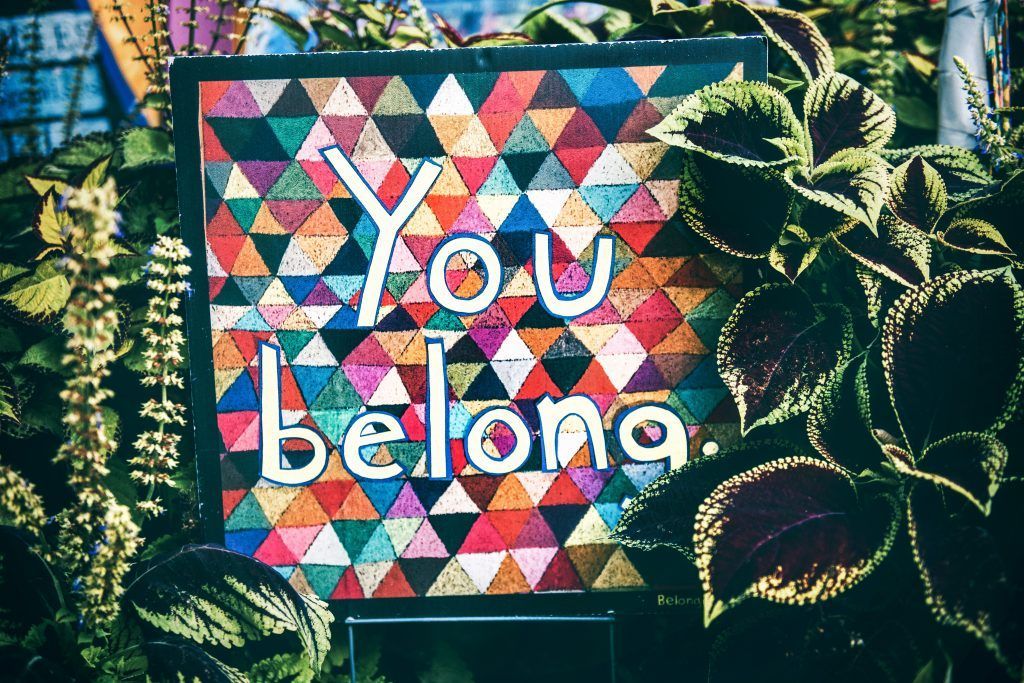The Harmful Nature of Health Disparities and Breaking Down Barriers to Health Equity: A Q&A With Thrive’s Diversity, Equity, and Inclusion Committee

Thrive Therapists Casey Rollins, LMSW, CSW-Intern and Melanie Aparicio, MMFT offered their insights into how health disparities harm physical, mental, and behavioral health, as well as ways to work toward achieving health equity.
How would you define health disparities?
Health disparities are the differences in resources and care that different groups of individuals have access to due to social, economic, and environmental factors. These factors include public policies, racial biases, and sex and gender affiliation. — Casey
What are the implications of health disparities?
Health disparities can diminish one’s quality of life by contributing to poor mental, behavioral, and physical health. Many facing health disparities are underinsured or uninsured and as a result, lack access to appropriate health care. Health disparities can also be fatal, as research has linked an absence of adequate care and resources to premature deaths. — Melanie
What is health equity?
Health equity describes the goal of all individuals having fair and just access to becoming healthier. Health equity improves quality of life by providing individuals with access to treatment for their health concerns. — Casey
Why is health equity important, especially in regards to mental and behavioral health?
Health equity doesn’t just refer to physical health, but it also includes mental and behavioral health . Because mental and behavioral health impact overall well-being, we as a society need to develop a deeper appreciation of mental and behavioral health care and a fuller awareness of corresponding disparities, while also exploring ways to remove barriers to mental and behavioral health care. — Melanie
How can health equity be achieved?
Research has shown that social and economic challenges, low educational attainment, and exposure to violence can harm overall well-being and contribute to health inequities. These factors, largely associated with poverty and discrimination, need to be addressed to achieve health equity. — Casey
Health insurance is another barrier to achieving health equity, as it can create a gap in individuals’ accessibility to different forms of treatment. Exploring ways to make the health care marketplace fairer and more just can promote health equity. — Melanie
How does having a therapist who has a similar culture to your own help with healing?
Seeing a therapist who shares a similar cultural awareness with you can help deepen your relationship with your therapist, which is very important for your experience. Oftentimes, clients can feel isolated when therapeutic relationships lack the trust and safety associated with shared cultural understanding. — Casey
A PLACE TO GROW FOR ALL CULTURES, BACKGROUNDS, AND IDENTITIES
Thrive is passionate about offering equitable and accessible multicultural health services and many of Thrive’s therapists take a culturally-centered approach to treatment. As part of Thrive’s integrated approach, we care for the entire person. In doing so, we recognize how systematic discrimination has impacted and harmed many groups of people. At Thrive, you can expect compassionate treatment that doesn’t discriminate against anyone in regard to their race, creed, color, religion, national origin, sex, age, physical or mental disability, gender, gender identity and gender expression. Reach out to learn more about our therapeutic services.
About the Contributors
Thrive Reno Therapist Casey Rollins, LMSW, CSW-Intern
Casey Rollins, LMSW, CSW-Intern, received her bachelor’s degree in psychology with an emphasis in addiction treatment services at the University of Nevada, Reno. She went on to receive her masters degree from Simmons University in Social Work. Casey has experience working with veterans, children with neuro developmental disorders such as autism spectrum disorder, eating disorders, anxiety disorders, and behavioral issues. Casey is passionate about working with individuals in helping them to understand that rewriting their story is possible. She believes that we, whether individually, or collectively, are allowed to begin anew at any point along our journey in life. Casey is also dedicated to the treatment and advocacy of the impacts of systemic and interpersonal trauma for Black youth as well as all People of Color. She believes this journey of healing is yours, whenever you are ready, you are welcomed with fierce compassion. Casey sets forth interactions with others with the phenomenal and late Maya Angelou in mind, “just like moons and like suns, with the certainty of tides, just like hopes springing high, still I rise.”
In her free time, Casey enjoys spending time with family and friends, creating artwork, writing poetry, jamming out to music at any given moment, spending time connecting in nature, and is a self proclaimed movie buff.
Thrive Reno Therapist Melanie Aparicio, MMFT
Melanie Aparicio earned her bachelor’s degree in psychology with a minor in Spanish from the University of Nevada, Reno before earning her master’s degree in marriage and family therapy (MMFT) at Capella University.
As a therapist at Thrive Wellness Reno, Melanie specializes in working with adolescents and young adults who are struggling with mental health issues, individuals with eating disorders, and clients experiencing perinatal mood and anxiety disorders (PMADs). She is particularly passionate about creating a comfortable environment in which she can join her clients in walking on a path towards healing and growth. As an advocate for breaking down barriers and negative stigmas about mental health within the BIPOC community, she strives to provide psycho-education on the positive impacts that prioritizing mental health can have on individuals and communities.
Outside of her mission-driven work, Melanie enjoys watching sports such as football and baseball. She also finds peace and joy in caring for plants at home and at the office.








